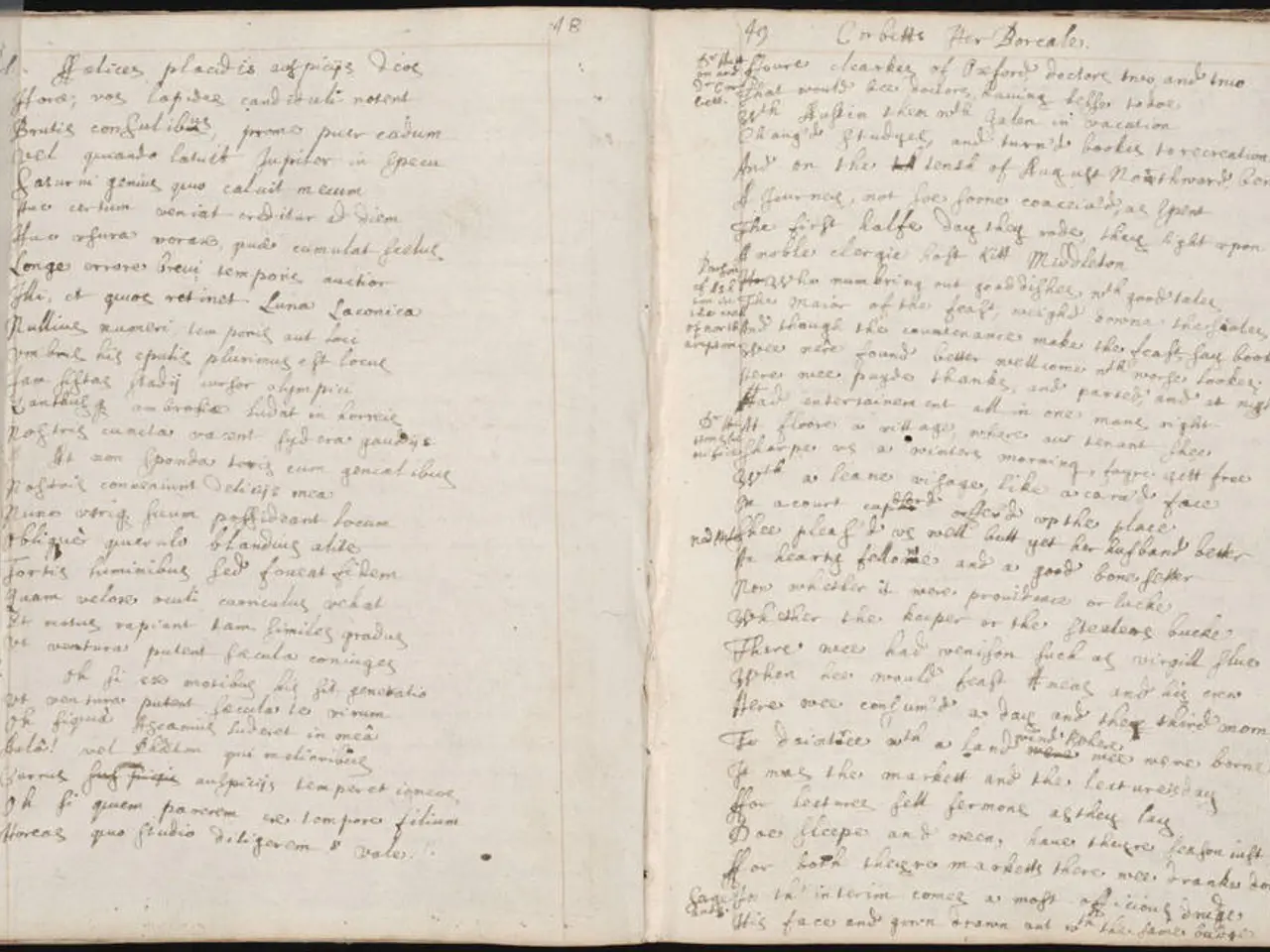Remarking on Carl Jung's Enduring Influence: A Celebration 150 Years after His Birthday
Carl Gustav Jung, born on July 26, 1875, in Kesswil, Switzerland, was a groundbreaking psychologist who made significant contributions to the field of psychology with his theories on psychological types, the collective unconscious, and archetypes.
Jung's most notable work, "Psychological Types" (1921), introduced the concepts of extraverted and introverted personality types, as well as distinctive cognitive functions such as thinking, feeling, sensation, and intuition. This typology provided a foundation for understanding fundamental differences in how people perceive and interact with the world, paving the way for later personality assessments like the Myers-Briggs Type Indicator.
In "Psychology of the Unconscious" (1912 and 1916), Jung proposed the existence of a collective unconscious—a layer shared by all humans that contains universal, inherited elements. These primal images and patterns shared across cultures and history are a repository of ancient, archetypal contents that influence behaviors and perceptions unconsciously.
Jung's work on the collective unconscious led him to study various cultures, including the Pueblo in the United States, Indigenous peoples in Kenya, Egypt, and India. His research also introduced the concept of archetypes—universal, symbolic motifs or images such as the Hero, the Shadow, the Anima/Animus—which recur in myths, dreams, and cultural narratives worldwide. These innate psychic structures shape human experience and emotional responses.
Jung's ideas on archetypes had a profound impact on the work of writers like Joseph Campbell, and his theories were instrumental in George Lucas's Star Wars movies. Screenwriters and teachers of screenwriting continue to draw inspiration from Jung's work.
However, Jung's influence in psychology has waned in the twenty-first century. His partnership with Sigmund Freud, which began after reading each other's work, ended in 1913 due to disagreements. Despite this, Jung's ideas on the collective unconscious and archetypes continue to persist in culture.
Jung's work forms the foundation of Jung’s analytical psychology, a dynamic and holistic model of the psyche where conscious and unconscious interact in a self-regulating system seeking wholeness—a process termed individuation. Jung's ideas extended the scope of psychology into spirituality, mythology, and culture, profoundly impacting psychiatry, literature, and religious studies.
Despite giving up his psychological practice in 1944 after suffering a heart attack, Jung's legacy remains a cornerstone of modern psychology. Emma Rauschenbach, Jung's collaborator, died in 1955, and Jung himself died in 1961.
For those interested in understanding psychology and its impact on culture, resources can be found in our company In Context: World History.
Jung's analytical psychology, rooted in his work, offers insights into health-and-wellness beyond traditional psychological dimensions, extending to mental health. This holistic model of the psyche includes therapies-and-treatments exploring the collective unconscious and archetypes, providing a unique perspective on human behavior and emotional responses.




